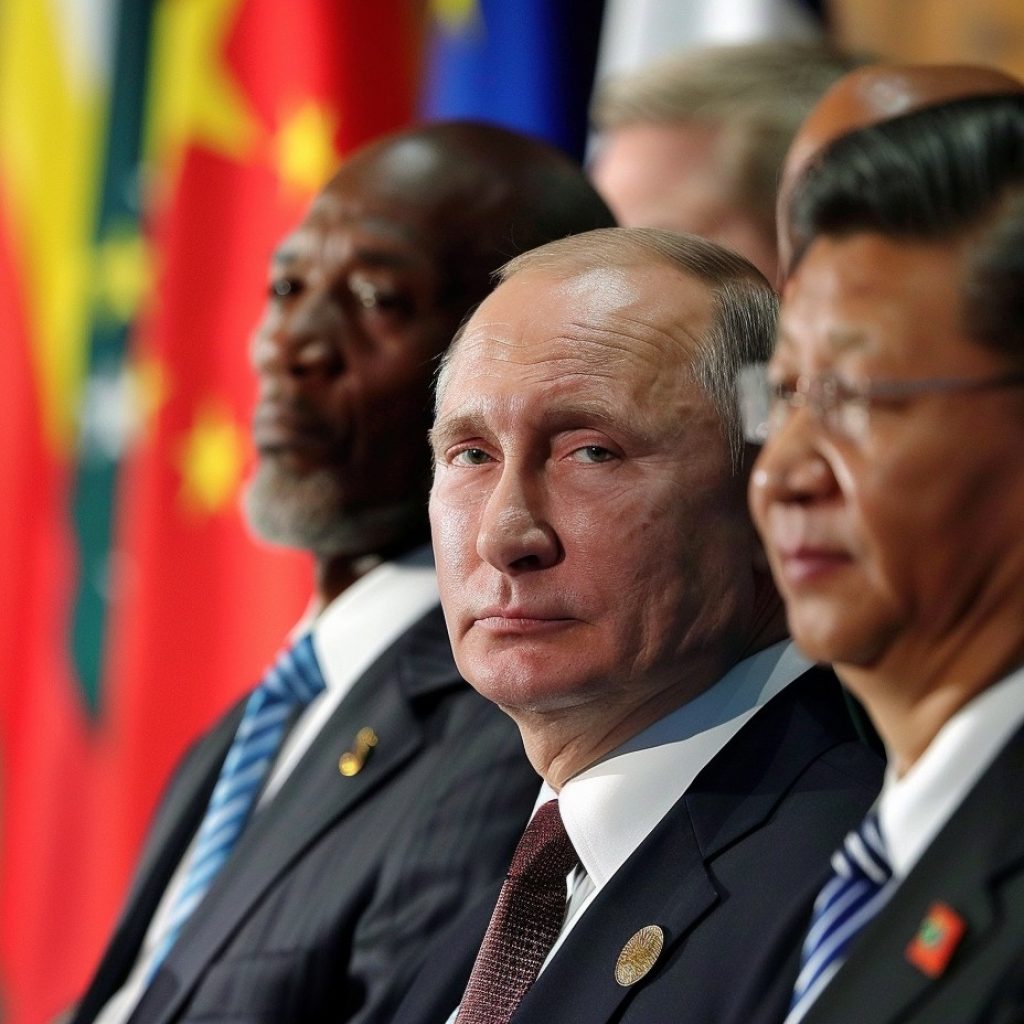
A North Korean analyst has cautioned that the actions taken by the U.S. to restrict the usage of the dollar and the growing interest of countries to join the BRICS bloc are “accelerating” the decline of the USD as the world’s dominant currency.
North Korean State Media on De-Dollarization and the BRICS
North Korea’s state media, the Korean Central News Agency (KCNA), published an article Sunday titled “Expansion of BRICS is an inevitable result of the present unfair international economic order.” The article is authored by Jong Il Hyon, an international affairs analyst of the DPRK.
He explained that the primary driving force behind numerous countries joining the BRICS bloc is “the present unfair and unreasonable international economic order” that centers around the U.S.-led international monetary system built upon the dollar.
Jong added that the U.S. established the Bretton Woods system in July 1944 with the dollar as the international standard currency after accumulating a vast amount of wealth during World War II. However, since then, the U.S. has engaged in global exploitation, reaping advantages from its dominant position in currency minting and utilizing the dollar as a tool to achieve its political objectives, he opined, noting:
It is well known that the international monetary system based on dollar has become the two pillars backing the U.S. domination over the world, along with military means.
The North Korean analyst further detailed that over the span of almost a century, starting from the gold dollar in the 1940s, followed by the oil dollar in the 1970s, and now the debt dollar, “the U.S. has resorted to every means and method to maintain the supremacy of dollar as the key currency.” He stressed that the U.S. “unhesitatingly committed despicable acts of imposing financial sanctions” on countries that displeased it through the abuse of the dollar’s predominant position. He cited the financial sanctions imposed on Russia after its invasion of Ukraine as an example.
Jong emphasized that this led to a reduction in reliance on the U.S. dollar and the increased adoption of national currencies for international trade by various countries, including the BRICS nations (Brazil, Russia, India, China, and South Africa) and members of the Association of Southeast Asian Nations (ASEAN). Notably, the BRICS has a proposal for a common currency, which is expected to be discussed during the upcoming leaders’ summit.
The North Korean analyst added that the growing de-dollarization trend demonstrates that the U.S., through its assertive and arbitrary actions in pursuit of global dominance, has expedited international efforts to ditch the dollar, stimulated the creation of a new monetary system, and encouraged numerous countries to join the BRICS. He stressed that the sanctions and pressure wielded by the U.S. are now backfiring and undermining its own position.
Jong pointed out that at their recent meeting of foreign ministers, the BRICS member states agreed to encourage the use of national currencies for trade settlement among member states and with allies. Noting that the BRICS economic bloc is “steadily increasing its political influence in the international arena,” the analyst stated that it is “becoming a challenge to the existing international order and financial system led by the U.S. and the West.” He concluded:
The unprecedented international moves to limit the use of dollar and the tendency of many countries to join BRICS are accelerating the end of dollar as a key currency and the end of the U.S. hegemonism pursuant to it.
Do you agree with the North Korean analyst about U.S. dollar dominance and the challenges posed by the BRICS? Let us know in the comments section below.





